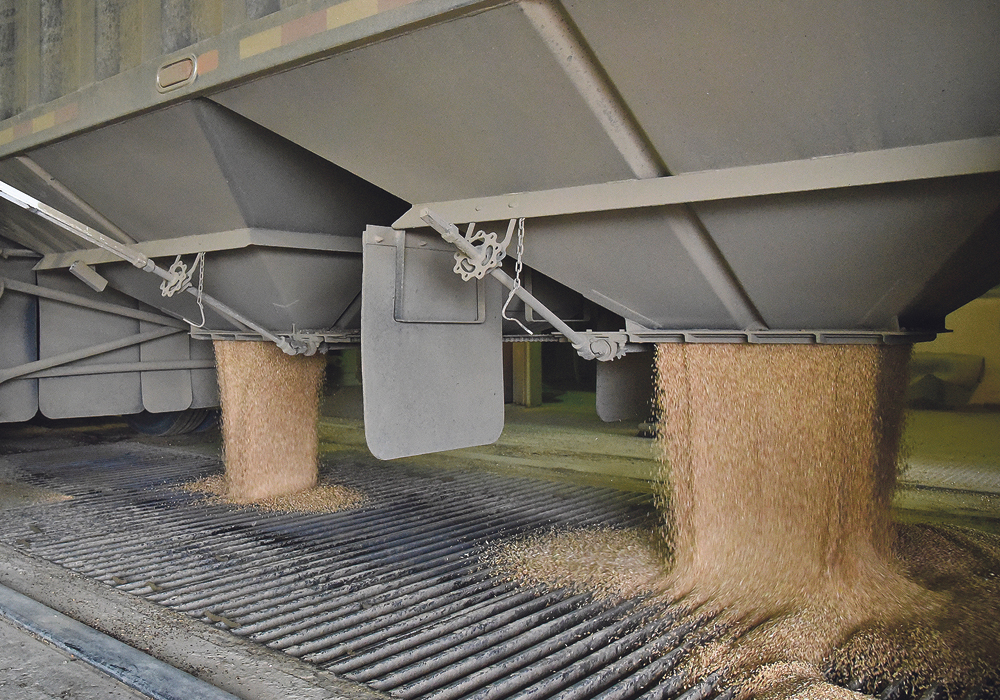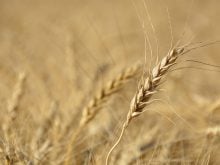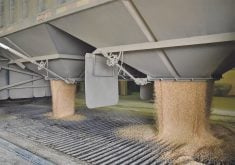Two Saskatchewan organizations want the Canadian Grain Commission to reverse its decision to standardize test weights and total foreign material tolerances at the higher export standard.
Sask Wheat and the Agricultural Producers Association of Saskatchewan issued a news release July 17 saying the decision to eliminate the primary elevator tolerance could be financially detrimental for producers.
Effective Aug. 1, the different standards for test weight and total foreign material in most western Canadian wheat classes will be the same.
Read Also

Gap in emission regulations hamstrings Canadian hybrid truck manufacturer
A B.C. company building hybrid engines for heavy trucks says they have the opportunity to build something leading edge in Canada, but our own laws are stopping them from doing it.
The organizations said this could lead to quality downgrades and lower prices at primary elevators.
Sask Wheat chair Brett Halstead said the decision was ill-considered, hastily finalized and done without proper consultation.
“This decision failed to consider a motion that was carried at the most recent Western Standards Committee meeting asking for such a decision to be delayed until an economic analysis is completed and the results are considered in the decision,” said Halstead. “Sask Wheat has repeatedly asked the CGC to undertake an economic impact analysis, especially of the impact on producers.”
Tightening the test weight standard is of particular concern, the organizations said. CWRS wheat that would have graded number one could be downgraded to as low as feed if test weight is the determining factor.
APAS president Ian Boxall said the CGC is supposed to work for grain producers’ best interests.
“Saskatchewan farmers are left wondering how these changes could proceed without completing the economic analysis that producers have asked for,” he said.
Contact karen.briere@producer.com
















